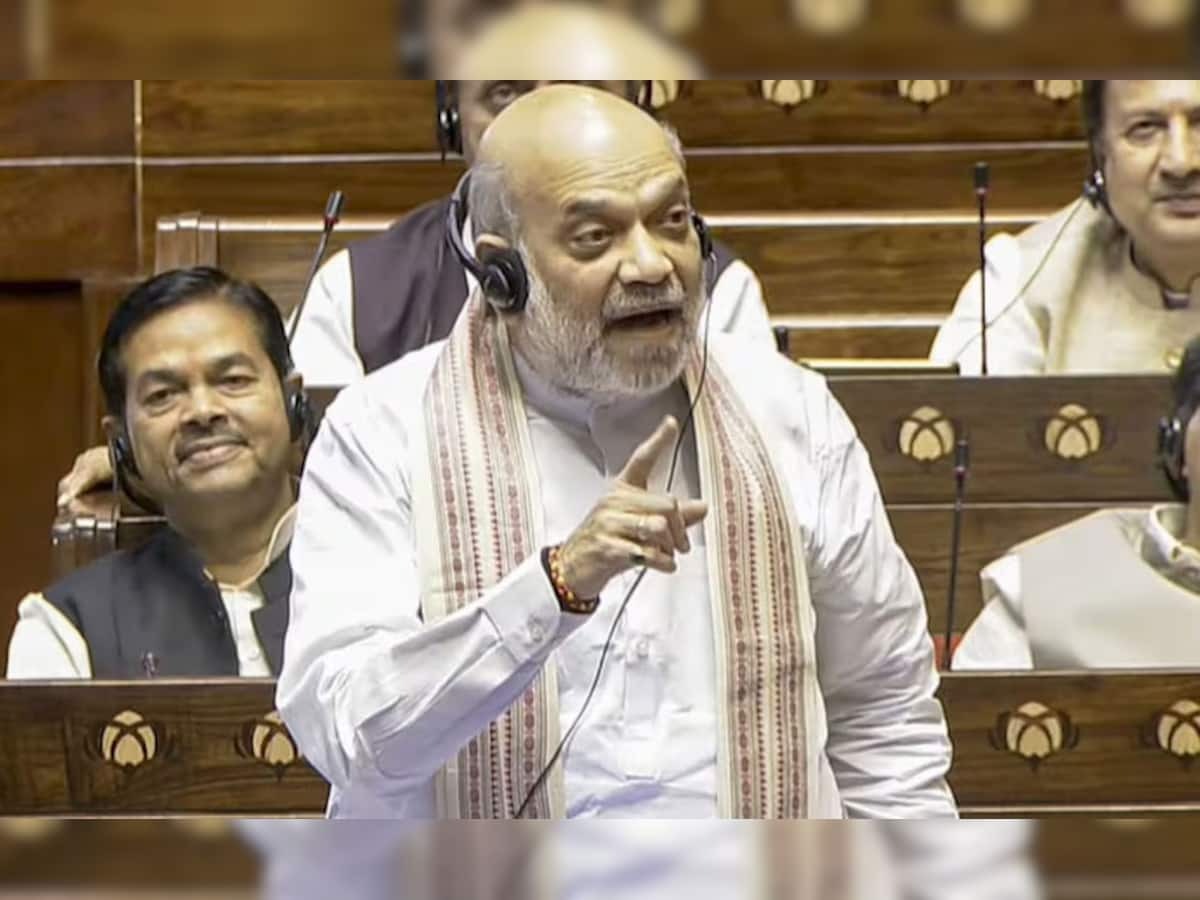Waqf Amendment Bill: The Waqf Amendment Bill was passed in the Rajya Sabha on Friday after heated debate. The bill was first passed in the Lok Sabha, where it received the support of 288 MPs, while 232 MPs opposed it. After this, there was a long discussion in the Rajya Sabha on Thursday. During this, many leaders including BJP President JP Nadda presented a strong party. After the debate, the bill was voted on Friday, in which 128 MPs voted in favor of the bill and 95 MPs voted against it. Now this bill is waiting for the approval of President Draupadi Murmu to become a law.
Under the Waqf Amendment Bill, the compulsory contribution amount of boards of Waqf institutions has been reduced from 7 percent to 5 percent. Along with this, arrangements have been made for necessary audit by the state auditors appointed by the state for institutions with more than one lakh rupees. Additionally, an automated centralized portal will be set up for management of Waqf assets to increase administrative efficiency and transparency.
Modi government in Rajya Sabha
Recovered two major obstacles to pass the bill. First he convinced his allies JDU and TDP in the Lok Sabha and then passed the bill easily after a long debate in the Rajya Sabha. It seems that the opposition felt that the BJP, which could not achieve a majority on its own, would not be able to pass the bill in the Lok Sabha. But the government first celebrated the coalition parties by presenting the bill in Parliament on 8 August 2024. It was then sent to JPC. The Parliamentary Committee approved its report on new changes in the Waqf Bill on 29 January. 15 votes were cast in favor of this report and 14 votes in opposition. The Bill was then introduced in the Lok Sabha and 520 MPs participated in the voting. 288 MPs voted in its favor and 232 MPs in the opposition.
Despite opposition from Muslim organizations
The opposition remained marginalized. It was believed that Nitish Kumar in Bihar and Chandrababu Naidu’s MPs in Andhra Pradesh would hesitate to decide on the Waqf, but the BJP also appeared in the same mood with 240 seats in Parliament as with 303 seats. The debate lasted for more than 12 hours and the bill was passed with great difficulty. Despite the pressure from the opposition and Muslim organizations, Nitish Kumar and Chandrababu Naidu strongly supported the government. Even Nitish Kumar’s party rejected the logic of secularism of the Congress.
BJD, the party of former Odisha Chief Minister Naveen Patnaik, has changed its stand on the Waqf Bill , The BJD had earlier opposed this bill and described it against the interests of minorities. Later, he allowed his MPs to take independent decisions while voting on it. The BJD had made it clear that the party would not issue any whip on the bill and his MPs in the Rajya Sabha can vote on the voice of their conscience as per their will.
Additional MPs were supported in the Rajya Sabha.
There are currently 236 MPs in the Rajya Sabha, due to which the support of 119 MPs was necessary for the majority there. BJP has 98 MPs in the Rajya Sabha. In terms of alliance, the number of NDA members was close to 119. Add six nominated members to it, who usually vote in favor of the government, then the NDA number would reach 124 in the game. The Rajya Sabha had 88 members of the Indian block, and the Congress had 27 members. The BJP’s strategy was excellent, 128 votes were cast in its favor in the Rajya Sabha, while 95 members voted against it. The special thing is that three BJP MPs were absent during the voting.
New
Under the provisions, the old rules of 2013 have been restored, under which a person following Islam for at least five years can dedicate his property to Waqf. To protect the rights of women, it has been ensured that their property is handed over to the heirs before being dedicated to Waqf. The bill provides for special protection of the interests of widows, widows and orphans. Apart from this, if a vaqf is claimed on a property, now the investigation will be entrusted to the officers above the collector level.
In the third and final phase,
To convert any bill into law, one has to go through three stages. In the first phase, the bill is introduced in the Lok Sabha. After the debate, the bill is voted. In the second phase, the bill is introduced in the Rajya Sabha. Where the discussion begins once again. If the bill is passed in both houses, it is sent to the third and final stages.
Waqf Amendment Bill, which requires the approval of the President,
It has now reached its final stage. It only requires the approval of the President to become a law. As soon as President Draupadi Murmu will approve the bill, it will officially become law and become effective.
The post passed the Waqf Amendment Bill in Rajya Sabha after Lok Sabha, now a step away first appeared on News India Live | Breaking India News, The Indian Headline, India Express News, Fast India News.
